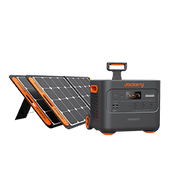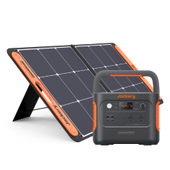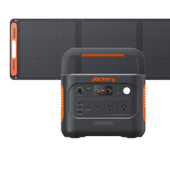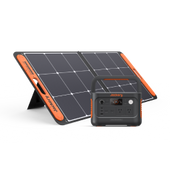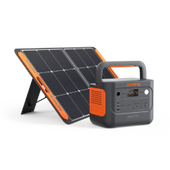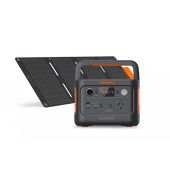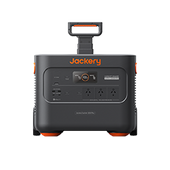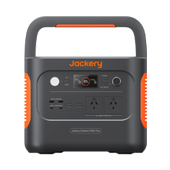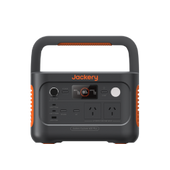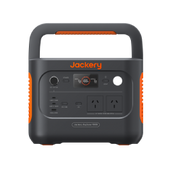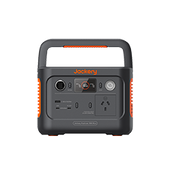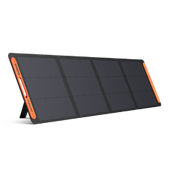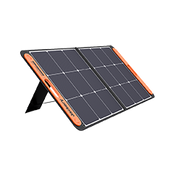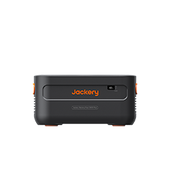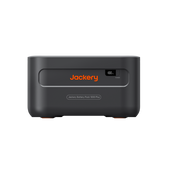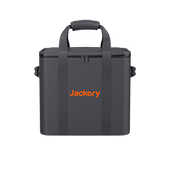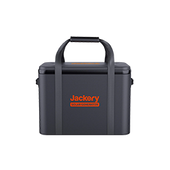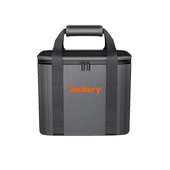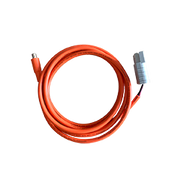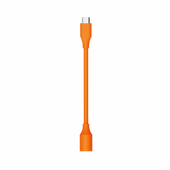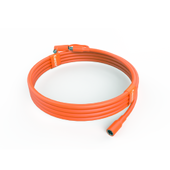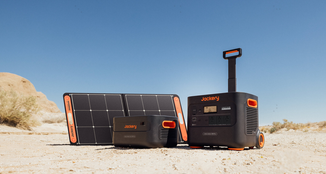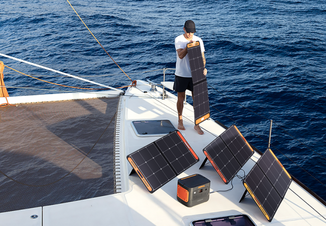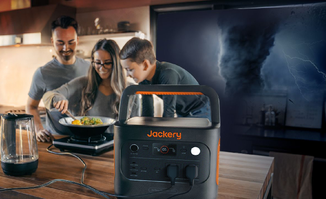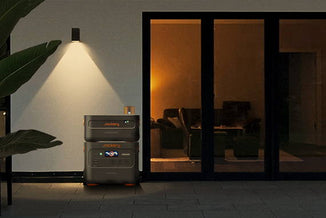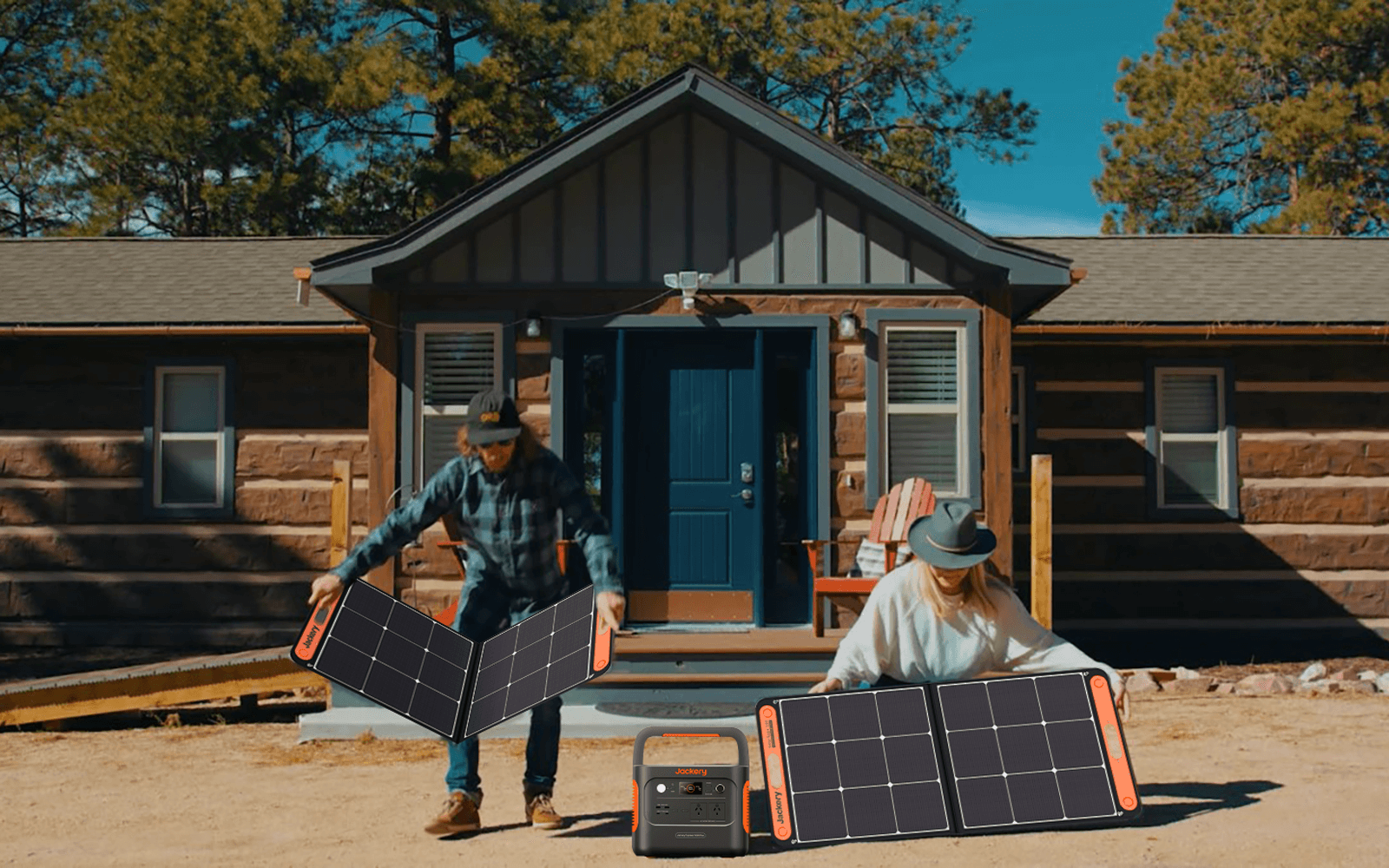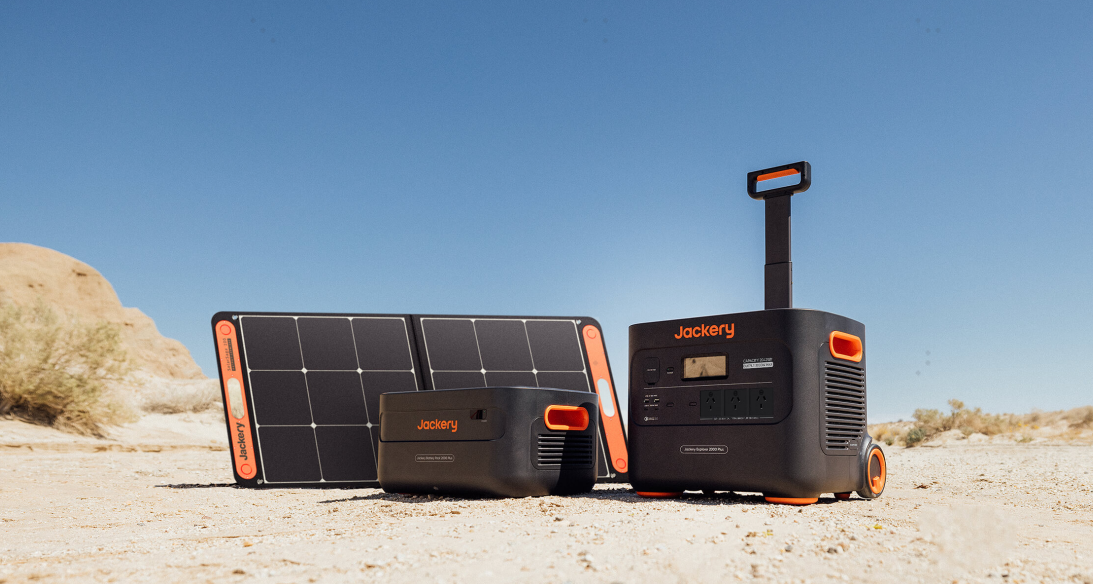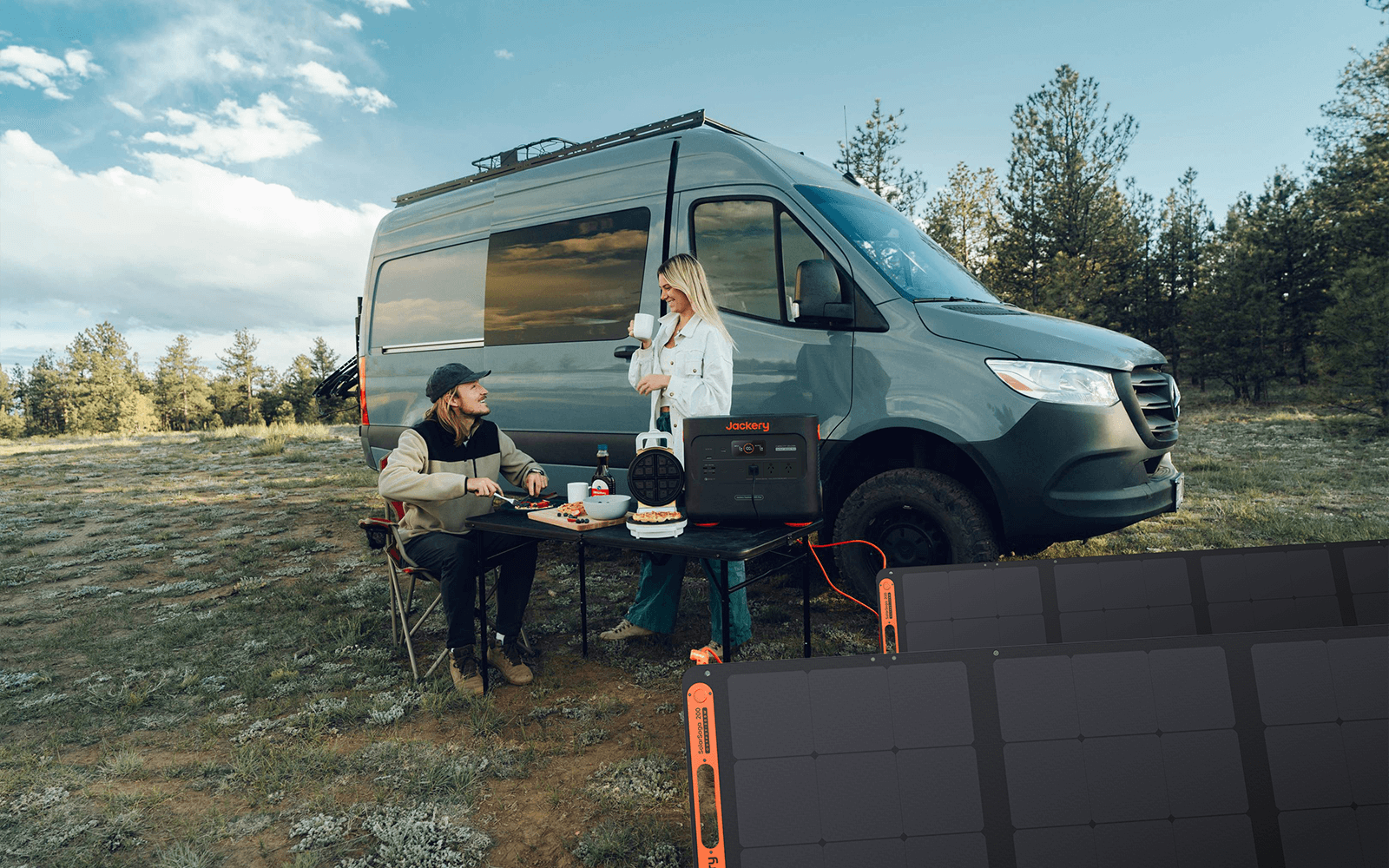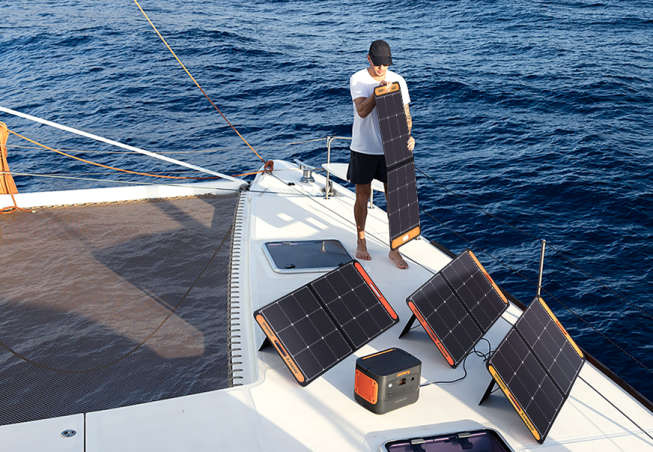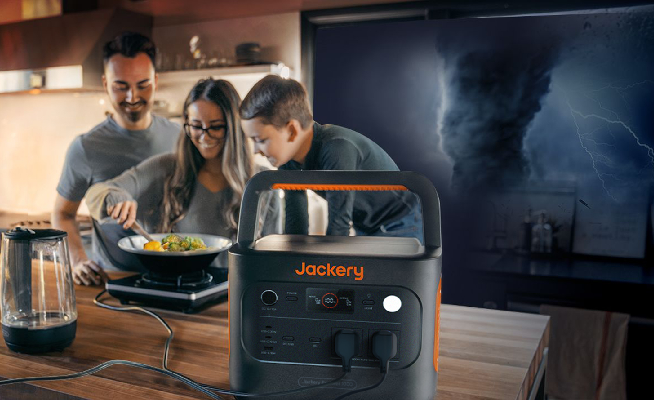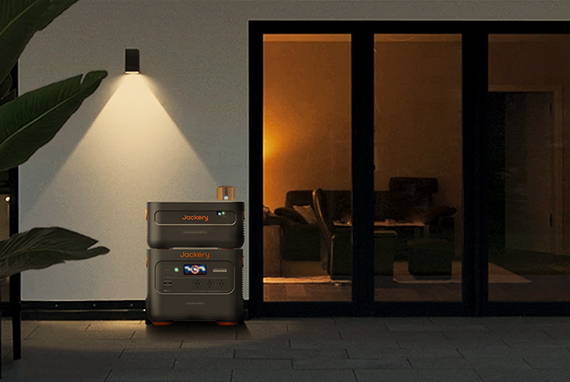How to Choose Solar Batteries for Home: A Comprehensive Guide
How to Choose Solar Batteries for Home: A Comprehensive Guide
Solar batteries for home usage have gained immense popularity as a viable means of home energy storage. Homeowners recognize the advantages of generating and storing electricity as these systems become more accessible.
The solar batteries for home allow users to harness and store excess solar energy during sunny periods for use during cloudy days or at night. Thus, choosing the right solar battery system for a home is a crucial decision that can significantly impact energy efficiency, cost savings, and overall environmental impact.
Each household has unique energy requirements; one of the most common is a portable power station. Homeowners can make informed choices by understanding key factors such as battery capacity, chemistry, lifespan, and efficiency. One can find a solution that aligns with their energy goals and budget. And we are here to help you.
This comprehensive guide will help you make essential considerations when choosing solar batteries for homes. We want to empower you to make educated decisions that suit your energy needs and preferences.

Advantages of Solar Batteries for Home
Why does the government incentivize investing in solar batteries for home usage? It's mainly because of the many advantages it offers. We have seen how fast this industry is growing, and there is a need for everyone to get involved. Here are the benefits:
- Solar Potential in Australia
Australia boasts abundant sunlight, making it an ideal location for harnessing solar energy. With its vast open spaces and sunny climate, solar panels can efficiently capture sunlight and convert it into electricity.
There has been a sudden increase in solar PV installation across the county since 2018. By mid-2019, Australia had moved to a strong leader in this industry from being a relatively less aggressive region. In 2021, this energy accounted for 12.4% of the country's total energy production.
By June 2022, Australian solar farms could produce over 5.8GW of electricity. And this is aside from many homeowners who have installed solar panels on their homes.
The government plays an even bigger role by offering incentives for solar installations. Homeowners get cash rebates, zero per cent loans, and other goodies when they install solar roofs. [1] [2]
All these ensure the country moves towards creating a greener and more sustainable society. It assists in creating an environmentally friendly power source while reducing the dependence on fossil fuels and traditional electricity.
- Residential Energy Independence
One of the most significant advantages of installing solar batteries for home usage is achieving energy independence. Traditional electricity grids are subject to fluctuations and blackouts, which can disrupt daily life and increase reliance on utility companies.
Solar batteries provide a reliable backup power source, ensuring that essential appliances and lights can still function during power outages. Homeowners can enjoy an uninterrupted power supply, greater peace of mind, and reduced vulnerability to external energy disruptions.
- Cost Savings
Solar batteries offer substantial cost savings in the long run. Homeowners can reduce their reliance on grid-supplied electricity by storing excess solar energy during low-consumption periods and using it during peak hours or at night. This significantly lowers electricity bills and can lead to considerable savings over time.
Aside from that, some regions in Australia offer feed-in tariff programs, allowing homeowners to reduce electricity costs. This further offset the initial investment cost of the solar battery system. [3]
As solar technology continues to advance, the cost of solar batteries is gradually decreasing. Thus, they are more financially viable options for homeowners seeking sustainable energy solutions.
Different Types of Solar Batteries for Home
When you buy solar batteries, it's crucial to know the type you are buying. Some batteries are better than others. Here is a breakdown of the common types:
- Lead-acid Batteries
Lead-acid batteries are one of the oldest and most commonly used types of batteries for solar energy storage. Due to their relatively low cost and availability, they have been utilized in various applications, including renewable energy systems.
These batteries consist of lead plates immersed in an electrolyte solution of sulfuric acid. Lead-acid batteries have two main types: flooded and sealed (valve-regulated lead-acid or VRLA batteries). Flooded lead-acid batteries require regular maintenance, including topping up the electrolyte levels, whereas sealed lead-acid batteries are maintenance-free.
- Saltwater Batteries
Saltwater batteries are an emerging alternative to traditional chemical batteries for solar energy storage. They utilize a saline solution as the electrolyte, making them environmentally friendly and safer than some chemical-based batteries.
These batteries are non-toxic, non-flammable, and have a longer lifespan than lead-acid batteries. Additionally, they can be fully recycled, reducing environmental impact. However, as this technology is relatively new, it may not yet be as widely available or affordable as other battery options.
- Lithium-ion Batteries
Lithium-ion batteries have gained significant traction in recent years. They are now the most popular choice for solar energy storage due to their high energy density, longer lifespan, and superior efficiency. However, there are so many manufacturers today, which requires the consumer to choose carefully.
Jackery has emerged as a reputable brand known for its high-quality portable power stations and solar generators. Jackery's lithium-ion batteries are specifically designed for home energy storage, offering a range of features that make them an attractive choice for homeowners. They feature built-in battery management systems (BMS), ensuring safety, efficiency, and optimal performance.
Also, Jackery's systems are often accompanied by user-friendly monitoring software. This allows homeowners to track energy usage and charge levels and even remotely control the battery system through mobile apps. Moreover, they are compact and lightweight, making them easy to set up and suitable for indoor and outdoor use.

Factors to Consider when Choosing Home Solar Batteries
Choosing the right home solar batteries is extremely crucial. We have looked at different batteries, but there is more to it than meets the eye. Here are the main factors to keep in mind:
- Battery Capacity and Power
The battery capacity and power rating are essential when choosing a solar battery for house usage. Battery capacity refers to the energy the battery can store, typically measured in kilowatt-hours (kWh). A larger capacity battery can store more energy, providing greater backup power during periods of low solar generation or in case of power outages.
The power rating, often measured in kilowatts (kW), indicates how much energy the battery can deliver at a given moment. A higher power rating allows the battery to handle heavy loads, making it suitable for powering multiple appliances simultaneously. It's crucial to align battery capacity and power with your household's energy consumption patterns and power needs.
- Battery Lifespan and Warranty
The lifespan of solar batteries for houses directly impacts their long-term cost-effectiveness. Lithium-ion batteries tend to have a longer lifespan compared to lead-acid batteries. Jackery, for instance, offers batteries that can last for over ten years.
A longer lifespan ensures the battery remains functional and efficient for many years, reducing the need for frequent replacements.
Additionally, you should check out the warranty offered by the manufacturer. A comprehensive warranty provides peace of mind and safeguards your investment. For instance, consumers get up to 5 years on some Jackery systems.
- Safety and Certification
Safety is also significant when dealing with energy storage systems. The best solar batteries for home usage must have built-in safety features, such as a Battery Management System (BMS). The BMS can protect the power station from overcharging, over-discharging, and overheating, minimizing the risk of accidents or damage to the battery.
Furthermore, check for relevant certifications and compliance with industry standards. Certifications like UN38.3 or Qualcomm Quick Charge 3.0 indicate that the battery has undergone rigorous testing and meets safety and performance standards. [4]
- User Interface and Monitoring
An intuitive and user-friendly interface can greatly enhance the overall user experience and ease of managing the solar battery system. Look for a solar battery for houses with a clear and accessible user interface that provides real-time information on the battery's status, charge levels, and energy usage.
Some advanced solar batteries for houses offer mobile apps or online monitoring platforms. These allow homeowners to remotely monitor and control their solar battery system, check energy usage history, and receive notifications about system performance.
Jackery's Portable Power Station
Jackery Explorer 2000 Pro Portable Power Station

Jackery Explorer 1000 Pro Portable Power Station
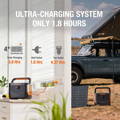
Jackery Explorer 500 Portable Power Station

Jackery Explorer 2000 Pro Portable Power Station
Jackery Explorer 1000 Pro Portable Power Station
Jackery Explorer 500 Portable Power Station
Battery
2160Wh
1002Wh
518Wh
Output
2200W (peak 4400W)
1000W (peak 2000W)
500W (peak 1000W)
Portability
low
medium
high
Ideal application
Comprehensive home solar battery power needs, power failures
Normal housework and emergency situations
Smaller power needs for the house
Conclusion
Consumers are looking for more than sustainable solutions as the globe leans more towards renewable energy. They want solar batteries for houses that will meet all their off-grid power needs. Therefore, it's up to the manufacturers to make the highest quality products. And that is what Jackery is all about.
Since 2012, we have been dedicated to creating next-gen technologies to transform every family's power-generating way into a greener and more economical one and have brought more fun and power security to our customers when they are outdoors or at their homes. And that is why we can have a global footprint with excellent solar generators for every household. Contact us today to know more or book your solar batteries for home and camping.
Reference
[1] The Electricity Is Delivered by Solar PV. Available at: https://www.energy.gov.au/data/electricity-generation (Accessed on 27th July 2023)
[2] Electricity generation. Available at: https://www.energy.gov.au/data/australian-electricity-generation-industry-2020-21 (Accessed on 27th July 2023)
[3] Electricity Feed-in Tariff. Available at: https://www.energy.gov.au/rebates/electricity-feed-tariff (Accessed on 27th July 2023)
Best-selling Jackery Portable Power Station
PAGE CONTENTS
New Arrival
Hurry up! Sale ends once the timer hits zero

